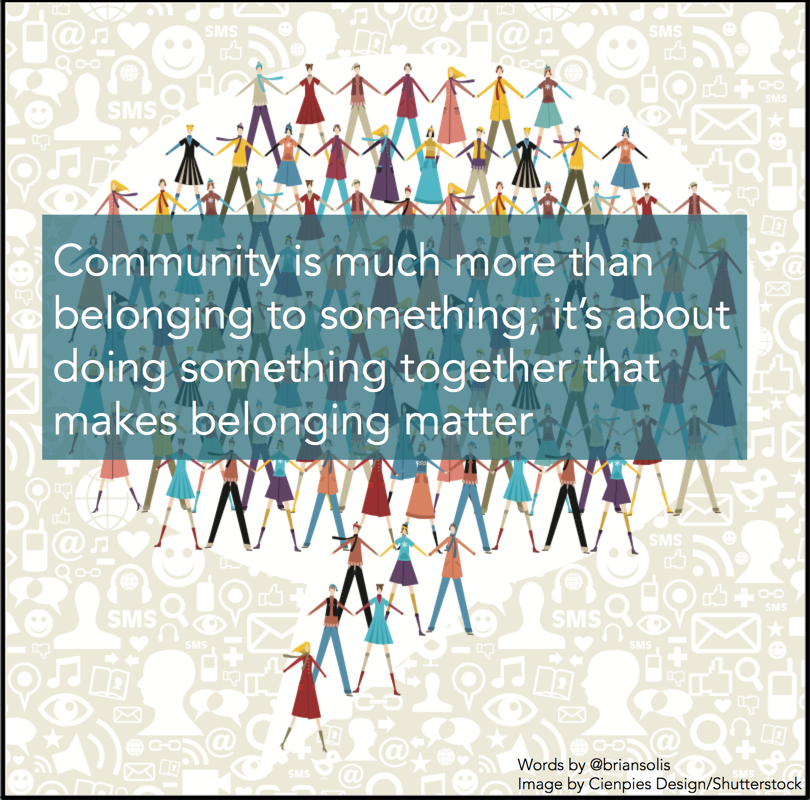How to encourage students!
- Mar 17, 2023
- 1 min read
Updated: Apr 24, 2023

“Learning is a treasure that will follow its owner everywhere.”
Chinese Proverb
It is essential to encourage our students to do their best every day. We love learning when they learn! We want them to take challenges and overcome disappointments. To help them reach their full potential, we must talk to them with the voice of the growth mindset. Remembering that effort is essential, but it has to come with the right strategy and help from others. If we want to help our students, we must help ourselves first. As educators, we need to adopt and cultivate a growth mindset.
Dr. Dweck gives us some tips:
Learning new skill
What to say
“When you learn how to do a new problem, your brain grows.”
“If you catch yourself saying. I’m not a math person; just add the word “yet” to the end of the sentence.”
“That feeling of math being hard is the feeling of your brain growing.”
“The point isn’t to get it all right away. The point is to grow your understanding step by step. What can you try next?”
What not to say
“Not everybody is good at math. Just do your best!”
“That’s ok, maybe math is not one of your strengths”.
“Don’t worry; you’ll get it if you keep trying.” (False growth mindset)
If they are using the wrong strategies, their efforts might not work, plus they feel particularly inept as they are fruitless.
“Great effort! You tried your best”. (False growth mindset)
Don’t accept less-than-optimal performance from your students.
The growth mindset was intended to help close achievement gaps, not hide them.
References
Dweck, C. (2015, September 22). Carol Dweck Revisits the ‘Growth Mindset’. Retrieved from Education Week: https://www.edweek.org/leadership/opinion-carol-dweck-revisits-the-growth-mindset/2015/09
Image
https://blogs.uww.edu/alexandrakarmis/




Comments